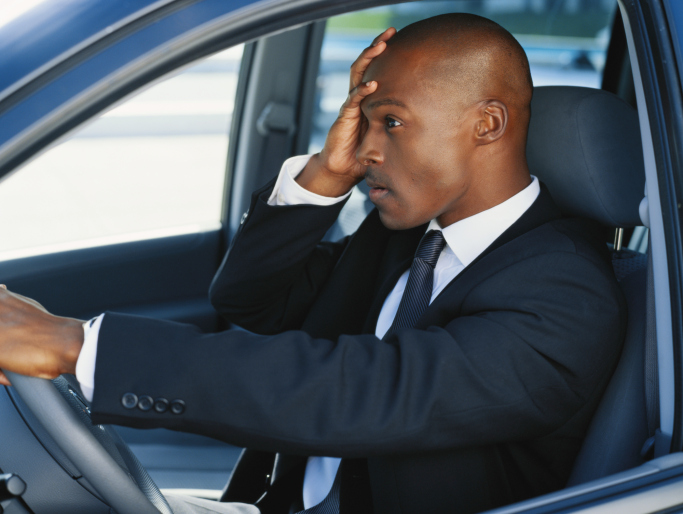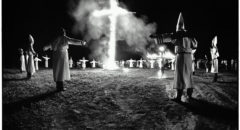
Growing up as a Black youth in the inner city there were times when I was pulled over by the police for a traffic violation. I quickly realized that it was not out of the ordinary to be mistreated or man-handled by police officers abusing their authority. This could occur even during a simple traffic stop.
I quickly learned that the sooner I complied with the officer’s request or commands, the sooner I could be on my way. My friends and I knew that responding in a non-complaint manner or questioning their authority was proven time and time again to be a bad choice to make. The anticipation of abusive behavior was proven time and again. It was pretty much the norm in those days.
A recent survey, conducted by the Associated Press – NORC, revealed that half of African-Americans, including 6 in 10 Black men, said that they personally had been treated unfairly by the police because of their race, compared with only 3 percent of whites. Their research came as the Micheal Brown shooting in Ferguson, Missouri, approached its first anniversary.
For decades, such acts of physical aggression and abuse toward African Americans, males in particular, have seemingly been generationally perpetrated by certain police officers based on their fears, prejudices or perhaps a feeling that certain groups or classes of people are inferior to them. It becomes easier to treat someone a certain way when you think less of them or their group. A panel member on CNN once referred to that as “a slave-owner’s mentality.” That’s a strong and sobering thought that may have some credence to it.
MUST READ: Preserving Your Mental Health In The Face Of Racism
Consider the fact that the following Caucasian males that had committed heinous acts resulting in the loss of multiple lives were apprehended alive and unharmed by the police: Jared Loughner gunned down 6 people attending a political rally in Arizona in 2011; James Holmes shot and killed 12 people at a movie theater in Colorado in 2012; and Dylann Roof murdered 9 church members during a prayer service in South Carolina earlier this year. Yet the news networks continue to report the shootings of unarmed black motorists after encounters with police officers during traffic stops.
With all that aside, what can you do?
1. Keep calm - in a high tense, highly volatile situation, you need all of your mental capabilities. Keep calm.
2. Remember who you are - upon getting stopped by police, it's important that you know your worth, your rights and don't compromise either one.
3. Contact - is there anyone you can contact immediately for not only an update, but can physically come to you
It’s an alarming trend. Even though these incidents have occurred in varied geographical locations throughout the country, they all share a commonality that has yet to be addressed by our elected government officials or our society in general. There continues to be a negative perception or racial divide among minority ethnicities in general, but particularly Blacks and the police in the United States. I’m not sure what the answers are, but there are difficult and obvious questions that must be asked. And if these questions are not asked and addressed, then sadly this trend may continue.
Your voice matters. If there's a topic you want to "speak on," email [email protected] with subject line "Speak On It".









